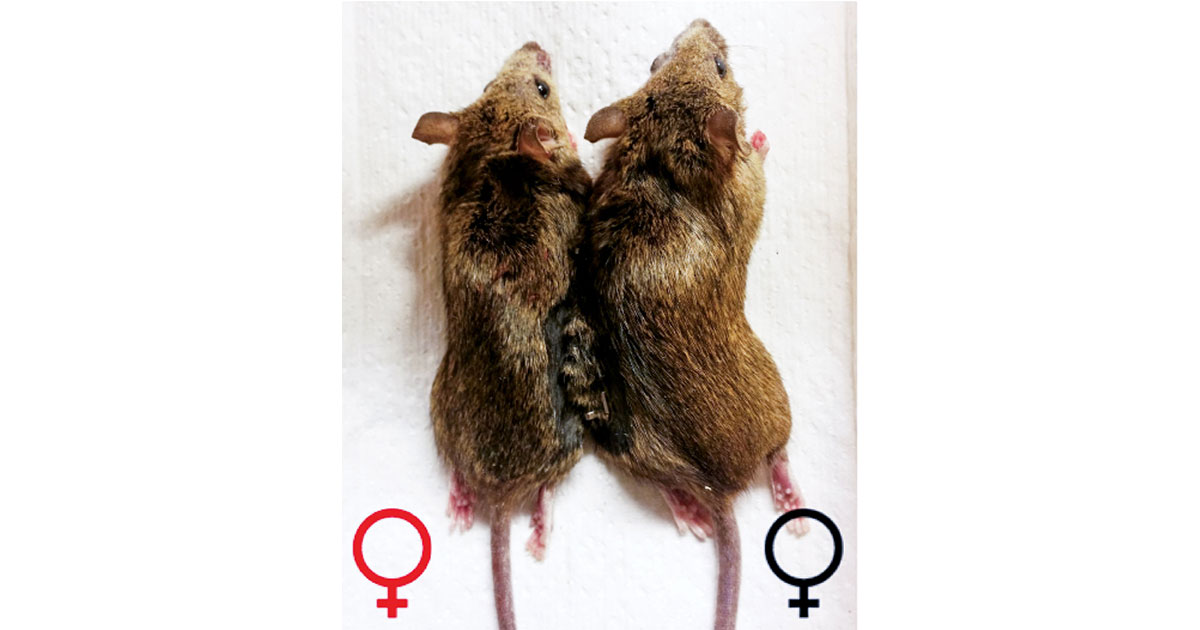Advertisement
Grab your lab coat. Let's get started
Welcome!
Welcome!
Create an account below to get 6 C&EN articles per month, receive newsletters and more - all free.
It seems this is your first time logging in online. Please enter the following information to continue.
As an ACS member you automatically get access to this site. All we need is few more details to create your reading experience.
Not you? Sign in with a different account.
Not you? Sign in with a different account.
ERROR 1
ERROR 1
ERROR 2
ERROR 2
ERROR 2
ERROR 2
ERROR 2
Password and Confirm password must match.
If you have an ACS member number, please enter it here so we can link this account to your membership. (optional)
ERROR 2
ACS values your privacy. By submitting your information, you are gaining access to C&EN and subscribing to our weekly newsletter. We use the information you provide to make your reading experience better, and we will never sell your data to third party members.
Biological Chemistry
Heat-shock proteins have unrecognized roles in cells
This family of cellular paramedics doesn’t just help peptide chains fold; it also assists mature, folded proteins to get their jobs done
by Sarah Everts
October 31, 2016
| A version of this story appeared in
Volume 94, Issue 43
When a biological cell is under duress, a family of heat-shock proteins called Hsp70 steps in to help unfolded peptide chains refold into functional proteins. The same family also helps prefolded peptide chains find a correct three-dimensional conformation in cells. But Hsp70s have a lot more tricks up their sleeves, according to a team led by Sander J. Tans of Fundamental Research on Matter’s Institute for Atomic & Molecular Physics (Nature 2016, DOI: 10.1038/nature20137).
The researchers have found that Hsp70s also bind mature, folded proteins and interact with intermediates in folding processes, which “suggests that Hsp70s play a bigger part in protein homeostasis than was thought,” comment Qinglian Liu of Virginia Commonwealth University and Elizabeth A. Craig of the University of Wisconsin, Madison, in an associated Nature commentary (DOI: 10.1038/nature20470). For example, Hsp70s bind protein receptors and kinases, whose structure and conformation can change as part of their job in the cell. This suggests Hsp70s may play a role in regulation of basic cellular processes—instead of just being cellular paramedics.
Tans tells C&EN that it’s been difficult to determine the full functional potential of the Hsp70 family because some of the protein structures it interacts with are transient in the cell and thus hard to observe. So Tans’s team used optical tweezers to modify the conformations of single proteins and then see how Hsp70s responded. In doing so, the researchers found that Hsp70s’ repertoire is much broader than previously thought.




Join the conversation
Contact the reporter
Submit a Letter to the Editor for publication
Engage with us on Twitter